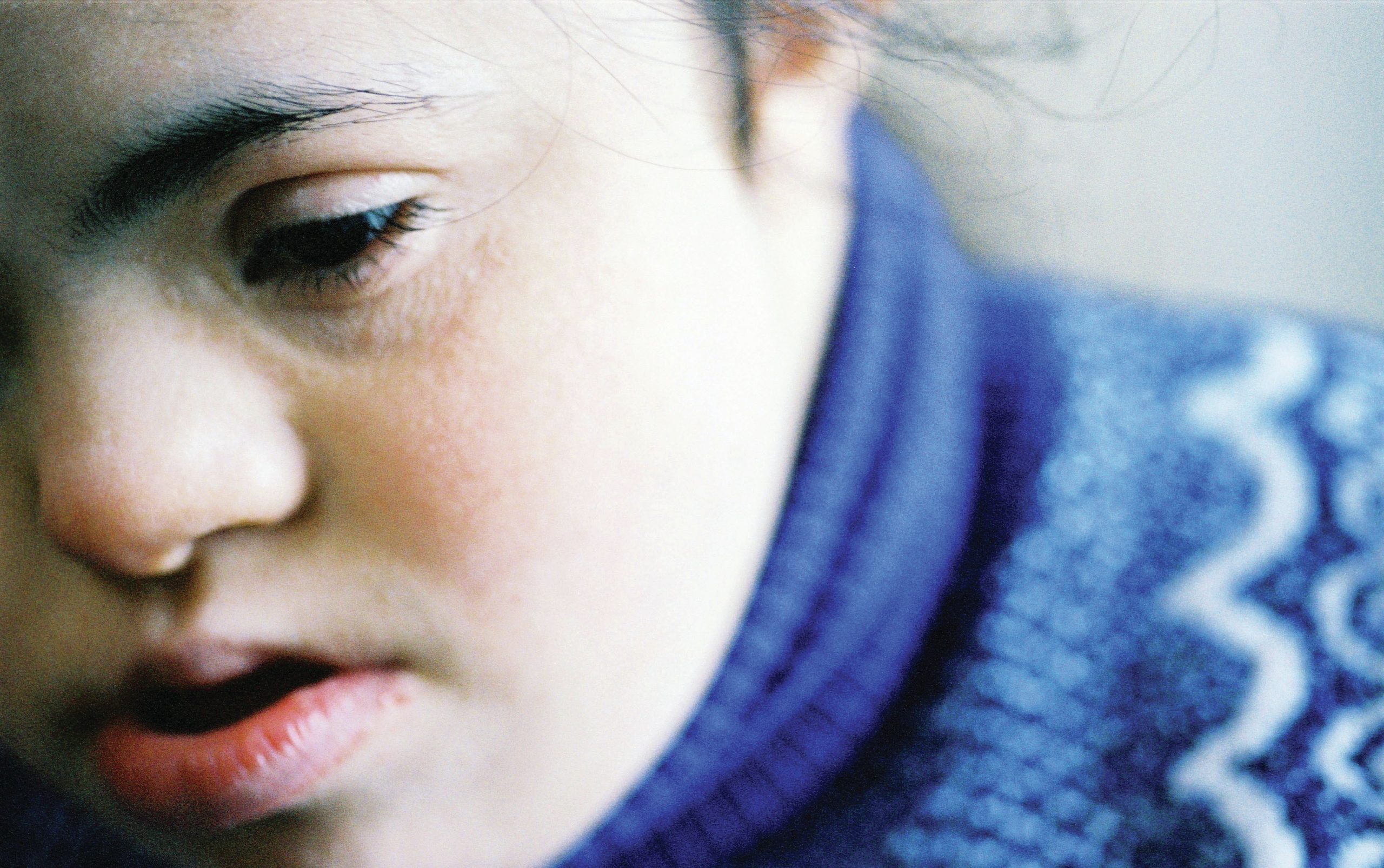
We hear a great deal about mutations and their effects. The mutations described generally occur in genes. They result from damage to the DNA or from errors that occur when the DNA is copied during replication. The change to the DNA is quite small and localised. You might expect that these small changes would make little difference but the effects can vary from being advantageous to negligible to lethal.
Mutations can also occur on a much larger scale. They can involve parts of a chromosome or even whole chromosomes. These mutations arise from mistakes during cell division, but they are not the result of DNA copying errors. This What Is? considers chromosome mutations that occur in meiosis. Meiosis is involved in gamete formation, so, if the gamete is fertilised, such mutations affect every cell in the resultant organism. Mutations during mitosis have a much more localised effect, as they are passed on only to the cells that form from the one that is mutated.
Your organisation does not have access to this article.
Sign up today to give your students the edge they need to achieve their best grades with subject expertise
Subscribe




